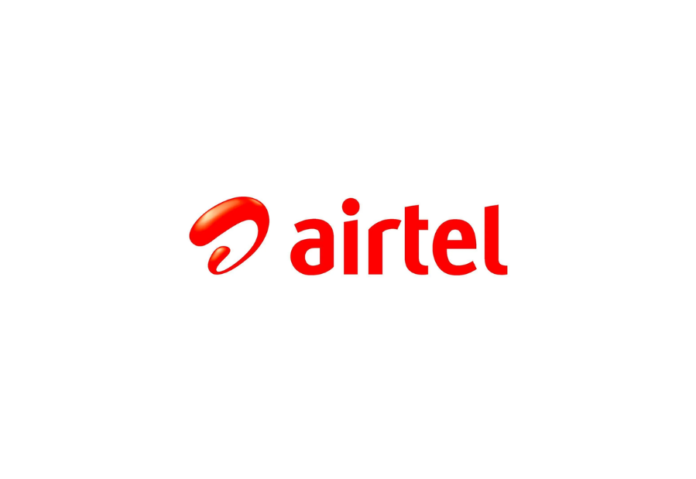In order to combat spam and online fraud committed through over-the-top (OTT) platforms like WhatsApp, Telegram, and Signal on telecom networks, Bharti Airtel has urged the industry regulator to accelerate a number of firefighting steps, including scrubbing and user verification.
Airtel, led by Sunil Mittal, in a letter to Anil Kumar Lahoti, chairman of the Telecom Regulatory Authority of India (Trai), has warned that there is a “significant risk” that spam may soon migrate to over-the-top (OTT) platforms, which are increasingly being used for corporate communications and mainline marketing.
The second-biggest telecom company in the country urged Trai to immediately require OTT platform scrubbing through the use of blockchain-based distributor-ledger technology (DLT) and a rigorous business verification process based on telco KYC procedures.
In order to stop spammers from moving between communication platforms, Airtel has also recommended that Trai require OTT platforms to share a database of blacklisted spammers with telcos and need OTTs and telcos to work together to develop a single anti-spam ecosystem.
“Spam and fraudulent messages are no longer limited to only SMS and voice. While telecom operators have tightened controls over commercial SMS and voice communication, there is a significant risk that spam will shift to OTT channels, which are not subject to any regulatory oversight, including Trai’s Unsolicited Commercial Communications (UCC) Regulations,” Airtel’s chief regulatory officer Rahul Vatts said in a letter to the Trai chairman on November 8.
Vatts went on to say that requiring DLT scrubbing for OTT platforms would guarantee that messages adhere to the same legal standards as SMS spam management and that telcos can help standardize a KYC process for OTT platforms.
In this instance, scrub would entail comparing OTT material to a pre-registered template that each organization sending advertising messages to clients via the internet has filed. Unwanted marketing and business communications via OTT channels may be prohibited if the content does not match the pre-registered template.
Despite the growing threat of unsolicited messages, the operator stated that telcos are not playing a significant part in the current environment because messaging is handled online rather than through traditional SMS methods. “This gap allows spammers/scammers to exploit these channels. There is also a lack of transparency on enterprises that violate UCC regulations, unlike telco channels where users have an option to escalate complaints to government channels.”
For its part, Airtel just introduced a spam detection and filtering tool that uses artificial intelligence. Recently, rival Vodafone Idea introduced a comparable AI-powered tool for its customers.
The Department of Consumer Affairs (DOCA) was urged by Indian telecom companies last month to issue recommendations under Section 18 of the Consumer Protection Act, 2019, to ensure strict action against those who bombard subscribers with unsolicited and unwelcome business communications (UBC). Due to the fact that there are multiple entities in the ecosystem that are in charge of UBC that are not under the purview of the telecom regulator, telcos claimed that the current Telecom Commercial Communication Customer Preference Regulation, 2018 (TCCCPR), which was created under the TRAI Act, 1997, is insufficient and ineffectual.
Also read: Viksit Workforce for a Viksit Bharat
Do Follow: The Mainstream formerly known as CIO News LinkedIn Account | The Mainstream formerly known as CIO News Facebook | The Mainstream formerly known as CIO News Youtube | The Mainstream formerly known as CIO News Twitter
About us:
The Mainstream formerly known as CIO News is the premier platform dedicated to delivering the latest news, updates, and insights from the CIO industry. As a trusted source in the technology and IT sector, we provide a comprehensive resource for executives and professionals seeking to stay informed and ahead of the curve. With a focus on cutting-edge developments and trends, The Mainstream formerly known as CIO News serves as your go-to destination for staying abreast of the rapidly evolving landscape of technology and IT. Founded in June 2020, The Mainstream formerly known as CIO News has rapidly evolved with ambitious growth plans to expand globally, targeting markets in the Middle East & Africa, ASEAN, USA, and the UK






